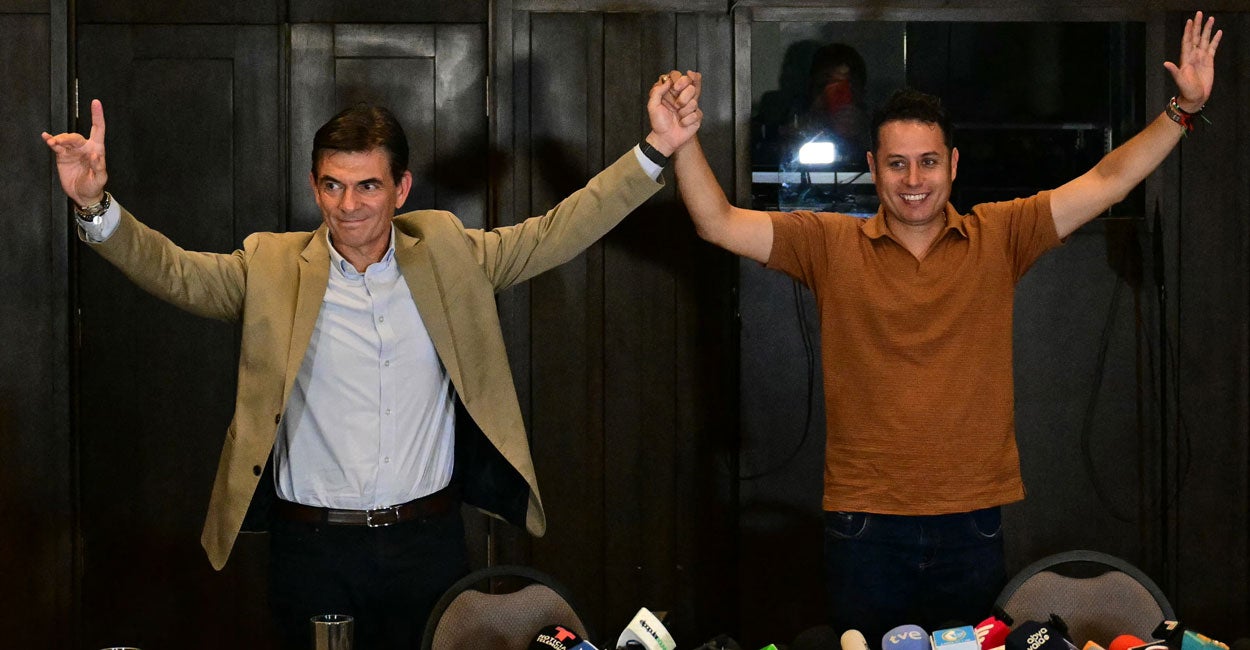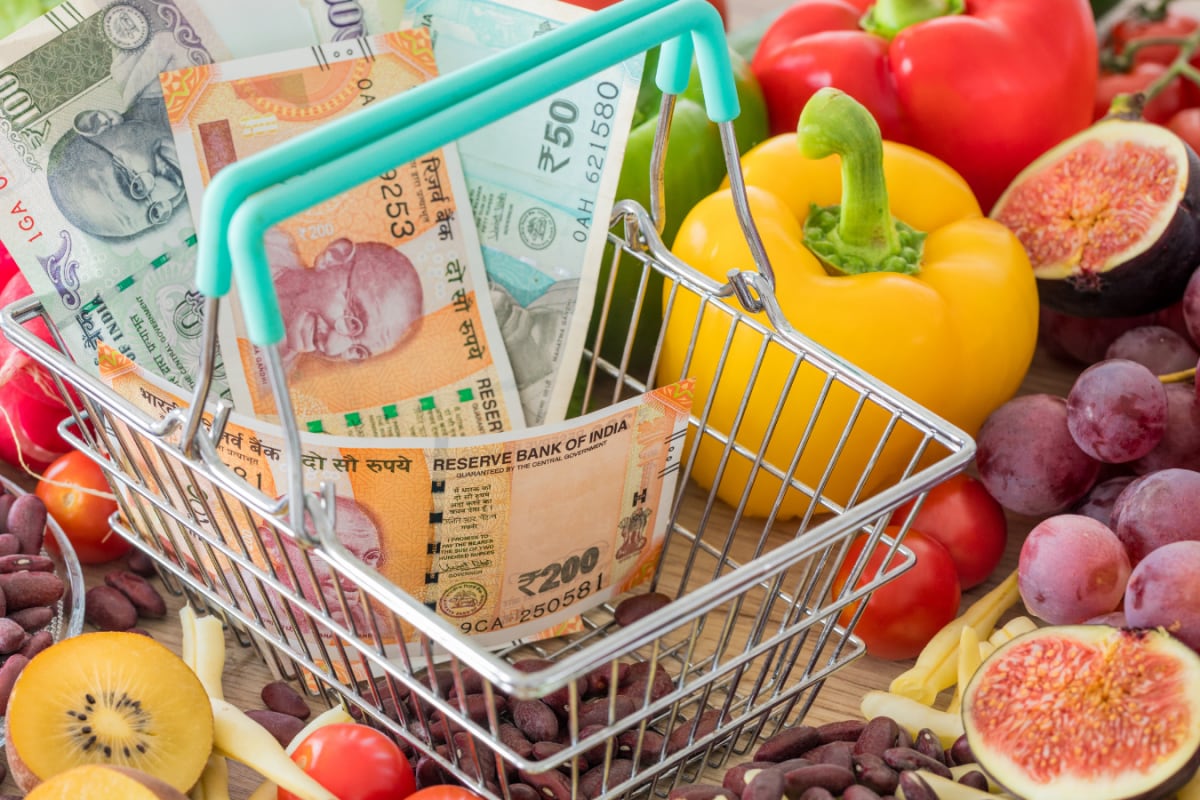President Donald Trump is engaged in a pivotal struggle for the destiny of the Americas. The question looms large: will Central and South America remain free and aligned with the United States, or will half of the Western Hemisphere be forever plagued by cartels, communists, and Chinese influence?
The Cold War in Europe ended more than 30 years ago, but in our own backyard, the fight never truly ceased. Cuba remains communist, and just over a decade after the Soviet Union’s collapse, Venezuela fell under socialist dictatorships led by Hugo Chávez and then Nicolas Maduro. Whenever left-wing leaders rise to power in the region, the United States and capitalism become their primary targets.
Yet, in those countries that, unlike Cuba and Venezuela, maintain a degree of democracy, the consequences of socialism tend to bring about regime change at the ballot box. For instance, voters recently chose between a strong conservative, Jorge Tuto Quiroga, and the centrist Rodrigo Paz, whose running mate, Edmand Lara, was a former police captain with law-and-order appeal. Both candidates sought improved relations with Washington, as Secretary of State Marco Rubio noted. Paz ultimately won and has wasted no time announcing that diplomatic relations with the United States—which were severed by Evo Morales in 2008—would be restored.
This context explains why President Trump takes such a keen interest in the fate of Javier Milei’s government in Argentina. Milei is a free-market reformer—a drastic one even by U.S. standards, let alone Latin America’s. While his reforms have achieved some success, they have also triggered an electoral backlash on the left. This backlash has unsettled bond markets and weakened the peso, frightening even middle-class voters.
Next week’s legislative elections in Argentina will serve as a referendum not only on Milei but on the free market itself. A disastrous showing by Milei’s party would likely send the country back down the road toward socialism.
Trump has drawn ire from some libertarians at home by arranging a $20 billion currency swap—strong U.S. dollars for weak pesos—to shore up the Argentine economy. Another $20 billion in aid remains on the table. Moreover, Trump angered America’s beef lobby on Sunday by stating that he would increase Argentine beef imports into the United States, partially to help keep supermarket prices down.
Is Trump betraying his “America First” agenda by putting Latin America first? Hardly. He is looking at the big picture of the Western Hemisphere in the same way America’s most farsighted statesmen viewed the Cold War in Europe.
The stark contrast between Western Europe’s prosperity and Eastern Europe’s poverty—and the bare supermarket shelves once found in the Soviet Union—shattered communism’s materialist claims to deliver abundance for all. The success of free-market economies was as crucial to victory in the Cold War as the failure of communist economics.
However, Western Europe faced its share of economic crises. When our allies stumbled, the United States stood ready to help them recover—especially during the critical period transitioning from World War II devastation to stable postwar economies.
Helping friends in Latin America weather the storms that come with reforming stagnant socialist economies is a smart, long-term investment for Washington—not only in hemispheric security but also in mutual prosperity. These investments help counterbalance China’s financial incentives aimed at drawing Latin American countries into Beijing’s orbit.
What message do we send if we fail to help our friends, while China eagerly provides aid to theirs? The result will not be the spread of libertarianism in Latin America. It will not help domestic producers or enhance our security. Instead, it will lead to more socialism on our doorstep, increased drug trafficking as a path to profit in dysfunctional economies, and larger waves of mass immigration from those failing countries.
If the United States does not act, China will secure favored access to Latin America’s growing markets.
While Trump’s interdictions of Venezuelan boats and diplomatic pressure on Maduro’s regime have garnered the most headlines lately, his efforts to help friendly neighbors prosper remain the linchpin of his Latin American strategy.
The solution to the threats posed by Chinese influence, socialist movements, the drug trade, and mass migration lies in making the countries closest to us more stable and successful.
This strategy has been proven effective—it worked in Europe, and it will work in Latin America.
—
*We publish a variety of perspectives. Nothing written here is to be construed as representing the views of The Daily Signal.*
https://www.dailysignal.com/2025/10/26/how-to-make-the-americas-great-again/


